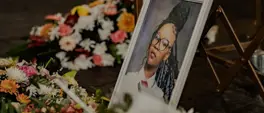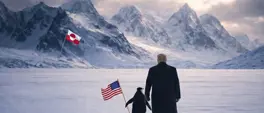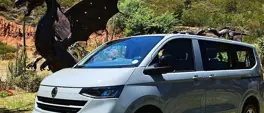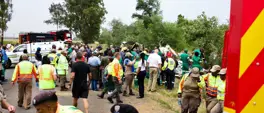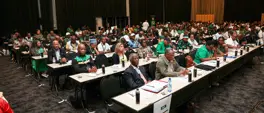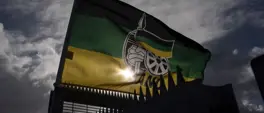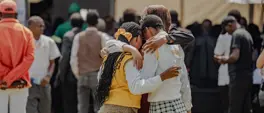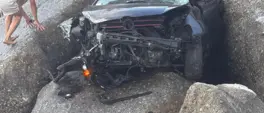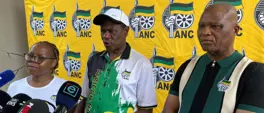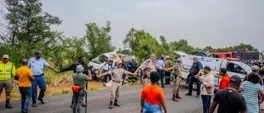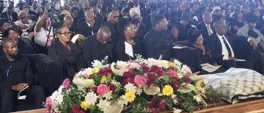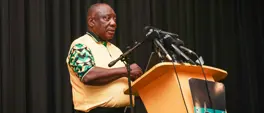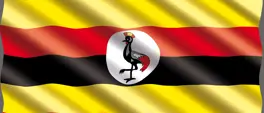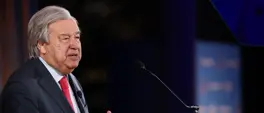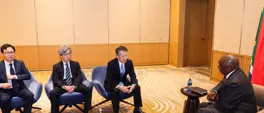DR Congo, Rwanda hold first talks after peace deal
AFP
1 August 2025 | 10:09Eastern DRC, a region bordering Rwanda with lucrative natural resources, has been plagued by violence for more than three decades and the unrest has claimed thousands of lives.
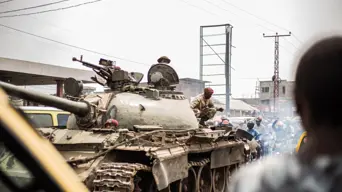
FILE: Soldiers of the Armed forces of the Democratic republic of Congo (FARDC) ride on top of a tank as they leave the city of Goma, on 23 January 2025 towards Sake. Picture: AFP
NAIROBI - The Democratic Republic of Congo and Rwanda have held their first talks after signing a peace deal to end decades of deadly conflict in mineral-rich eastern Congo, the two countries said on Friday.
Eastern DRC, a region bordering Rwanda with lucrative natural resources, has been plagued by violence for more than three decades and the unrest has claimed thousands of lives.
The crisis intensified early this year when the M23 armed group and Rwandan troops captured the major city of Goma in January, followed by Bukavu in February, setting up parallel administrations in each.
Kinshasa had previously opposed direct dialogue with the M23 and diplomatic attempts, including mediation by Angola, failed.
But the surprise intervention of Qatar succeeded in bringing together Congolese President Felix Tshisekedi and Paul Kagame of Rwanda in Doha in mid-March.
A peace agreement followed, inked by their foreign ministers in Washington at the end of June.
On Thursday, representatives from both countries as well as observers from the United States, Qatar and the African Union held their first meeting in Washington since signing the peace deal, according to a joint statement released by both nations on social media.
They "discussed progress on implementing the agreement" among other things, it said.
The agreement was hailed as a significant milestone by the African Union and the United Nations and follows a long series of truces and ceasefires that have been systematically broken.
The deal outlines provisions for the "respect for territorial integrity and halting hostilities" in eastern DRC, which are still however to be implemented.
It also includes economic measures but has few details.
According to the Congolese government and the UN, the violence has left thousands dead and exacerbated a humanitarian crisis for hundreds of thousands of displaced people.
Since February, the front has stabilised. But violence continued between the M23 and a motley group of pro-Kinshasa militias engaged in guerrilla warfare.
In a parallel Qatar-led process, the Rwandan-backed M23 armed group and Kinshasa also signed a declaration of principles in Qatar earlier this month, including a commitment to a permanent ceasefire.
Rwanda denies providing military support to the M23 but says its security has long been threatened by armed groups, including the Democratic Forces for the Liberation of Rwanda (FDLR), established by ethnic Hutus linked to the massacres of Tutsis in the 1994 Rwanda genocide.
The DRC is the world's leading producer of cobalt and has deposits of gold and other valuable minerals including coltan, a metallic ore that is vital in making phones and laptops.
ACCESS TO MINERALS
Tshisekedi said in April he had discussed a deal for access to the DRC's mineral wealth with US special envoy Massad Boulos.
On July 17, the DRC government signed an agreement with US group Kobold Metals, which committed to investing in the digitisation of geological data and the development of a lithium mine in southeast DRC.
The Congolese president then resolved to hold direct talks with the M23, having previously refused to do so, leading to the Doha agreement.
That agreement saw the government and M23 commit to a "permanent ceasefire" and "dialogue and negotiation" to facilitate the "voluntary" return of refugees and displaced people.
Kinshasa and the M23 gave themselves until July 29 to implement the declaration, with the deal setting an August 8 deadline for formal negotiations on a comprehensive peace accord, to be signed by August 17.
Analysts view the deadlines as tight, especialy as differences quickly emerged including over the issue of a withdrawal by the M23 from areas it has seized.
Get the whole picture 💡
Take a look at the topic timeline for all related articles.
